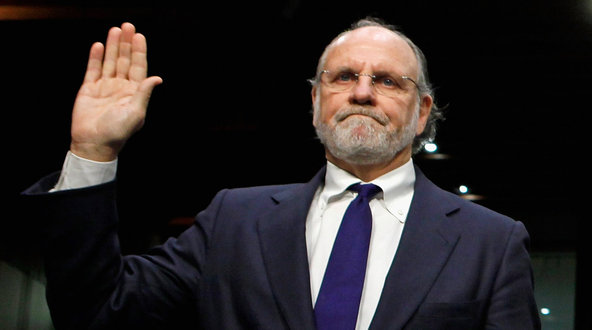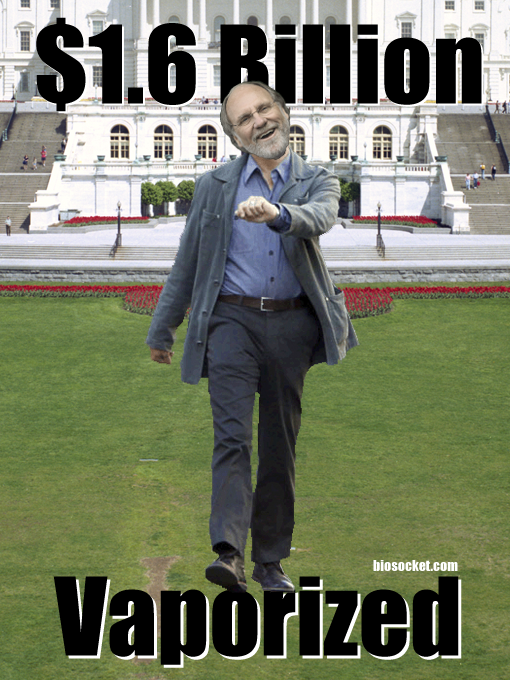Arriving in the context of a broader lobbying controversy, the Government Accountability Office (GAO) recently released a report on the Centers for Disease Control and Prevention’s (CDC) lobbying policies. Even by the standards of government investigators, the GAO did a pathetic job examining the degree of CDC oversight of the Communities Putting Prevention to Work (CPPW) program and its award recipients. It makes more sense to describe GAO’s work as a survey of CDC employees, rather than as an independent evaluative report.
In responding to requests for information from Senators Lamar Alexander (R-TN), Tom Coburn (R-OK), Susan Collins (R-ME), and Orrin Hatch (R-UT), the GAO reviewed:
[D]ocuments provided by CDC, including the written policy on lobbying that pertained to CPPW award recipients; CPPW award notices, which were the written agreements between the CDC and recipients; documentation generated by CDC staff during the monitoring of CPPW recipients; and CDC site visit reports.
The GAO also interviewed CDC officials regarding the lobbying policy that applied to CPPW award recipients in two hundred eighty CPPW cooperative agreements, all of which were made in fiscal year 2010.
But just over six weeks ago, Cause of Action (CoA) released its own report, “CPPW: Putting Politics to Work,” examining twelve grant recipients based on responses to FOIA requests we sent to the CDC. Of those twelve, eight appeared to use federal funds to illegally lobby for things like tobacco taxes, clean air ordinances, and bans on sugary-sweetened drinks, rather than on sensible preventative health efforts.
CoA’s report also demonstrated that the CDC failed to take comprehensive action in one case of illegal lobbying it actually managed to identify. While the GAO had access to information on all grant recipients and considered two potential lobbying violations identified by the CDC, CoA continues to await more information from the CDC on the other grant recipients. If we found that eight of the twelve we have been able to investigate up to this point are at risk of violating federal law, how many more instances are out there that the GAO and CDC have failed to uncover?
Unfortunately, the GAO’s report was not a substantive investigation. In fact, the most noteworthy aspect of the GAO report is how sparingly the GAO examined the CDC’s ability to follow-through on its own processes for correcting instances of illegal lobbying by grantees. Instead, the GAO confirmed that the CDC engaged in no active audit function for the CPPW program, could not independently verify subrecipient expenses, and depended on self-reporting by grantees.
These findings are particularly troubling because, as the GAO fails to mention in its report, by 2015 the Department of Health and Human Services will be able to spend $2 billion per year in perpetuity on similar programs through the Affordable Care Act’s Prevention and Public Health Fund.





